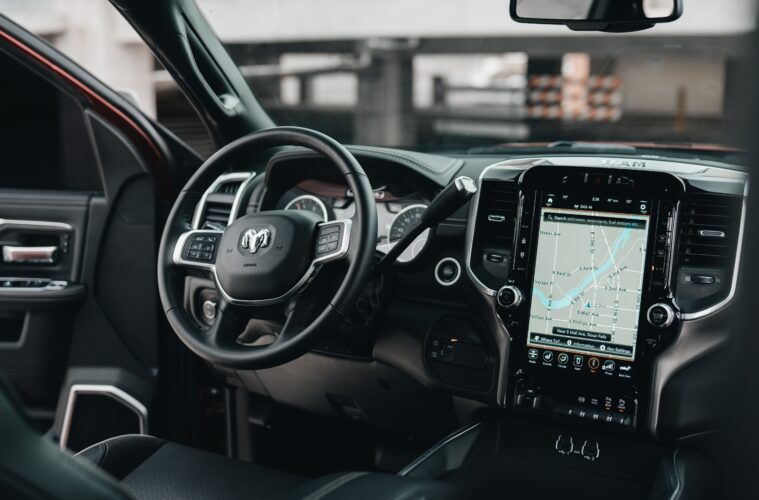Is it time you got a new set of wheels? If you’ve been saving money and researching vehicles for months, it’s easy to get swept up in excitement and forget to ask questions when it comes to signing your name. But few car finance agreements are the same, so it pays to know what you’re getting yourself into.
Car leasing deals usually vary from car to car and company to company. As well as being more affordable then purchasing outright, a key benefit is how they can be tailored to your needs.
So, to help you put together a leasing agreement that works for you, read up on the key questions you should ask before signing on the dotted line.
How much mileage are you allowed?
Whether you’re searching for a nippy hatchback for the city or a tried and trusted family car for longer journeys, mileage is a crucial consideration with leasing.
You could end up paying over the odds for any excess mileage you add to the car, so make sure your annual allowance is realistic.
What else is included?
Some car leasing agreements include features such as servicing and maintenance as an additional cost. This might include replacement tyres and other routine maintenance work.
Read the small print to make sure you know exactly what you’re paying for – as well as what you aren’t!
How will the repayments work?
The size of your monthly repayments will depend on various factors including the value of the car, how big a deposit you put down and your credit score. You may be able to reduce them by altering the length of the lease.
It’s important to know what date your payments start and when they’ll be due too, as missing payments could impact your credit score.
How long is the lease agreement?
While the average age of UK cars recently hit a record high of 8.4 years, most lease agreements are built for only two, three or four years.
Consider what length lease would suit your plans and lifestyle. Will you only need the car temporarily? Will you want a different type of vehicle in a couple of years’ time?
What size deposit is needed?
Most car leasing companies will offer various terms depending on how big a deposit you’re willing or able to put down. A typical deposit can be anywhere from three to nine times the monthly repayment.
In most cases, putting down a larger deposit will help get you a better deal and smaller repayments.
What happens at the end of the lease agreement?
There are several routes you could take at the end depending on the type of finance you’re using.
You might simply hand the car back after it’s checked for wear or tear – or you may choose to extend the lease. Some agreements even allow you to buy the car outright at this point.
Is car leasing right for you? Ask the seller these questions to give yourself full confidence in your final decision.


